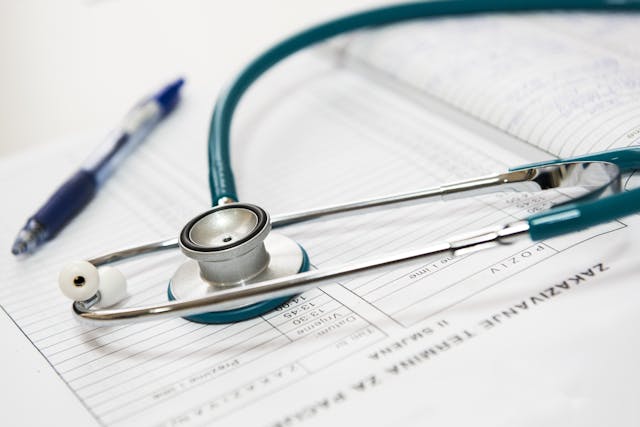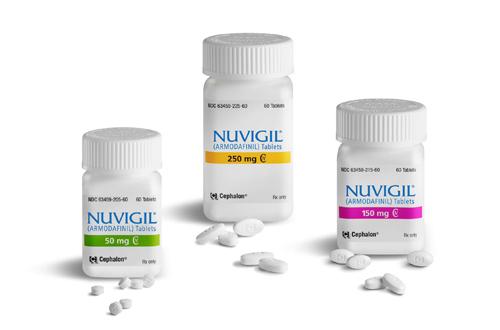Key Takeaways:
- Cardiologists harness cutting-edge technology to enhance heart health management.
- Wearable technology provides real-time data, driving personalized heart care strategies.
- Big data and artificial intelligence offer predictive insights, revolutionizing heart health care.
- Telemedicine connects patients with cardiac specialists, regardless of location.
- Advances in minimally invasive surgery reduce recovery times and hospital stays.
Table of Contents
The Evolution in Cardiology
Cardiology has long been a field marked by innovation and technological advancements. In recent years, this progress has accelerated, leading to the development and implementation of sophisticated tools and methods that have drastically changed the landscape of heart care. From advanced imaging techniques that provide detailed views of cardiac structure and function to novel therapeutic devices that correct arrhythmias, the union of technology and medical expertise is forging a new era that promises better outcomes for patients with heart issues. Notably, cardiologist in San Diego are at the forefront of integrating these advances into practice, helping drive forward the standards of care that patients can expect across the globe.
As technology evolves, it becomes an increasingly integral component of the cardiac care ecosystem. With the capacity to monitor and manage heart health conditions in previously impossible ways, today’s cardiologist has an arsenal of digital tools at their disposal. These technologies enhance diagnostic capabilities and enable more effective and timely intervention strategies, effectively working to curb the burden of cardiovascular diseases.
Wearable Tech and Remote Monitoring
The proliferation of wearable technology has ushered in a new paradigm for cardiac monitoring. Aided by sensor design and battery life advancements, wearable devices such as smartwatches, fitness bands, and dedicated heart monitors have brought cardiac care directly to the patient’s wrist. By continually capturing vital statistics, these dynamic devices play an increasingly critical role in the timely detection of irregularities that could signify underlying heart conditions. Such advancements are not only empowering individuals to take proactive steps in managing their heart health. Still, they are also enabling doctors to have a more holistic and continuous understanding of their patient’s cardiac status.
The advent of telehealth services has revolutionized remote monitoring capabilities, enabling healthcare providers to bridge the gap between patients and doctors. This has been made possible with the aid of advanced implantable devices equipped with wireless technology. These devices can send crucial health data to cardiologists in real-time, providing the necessary data for immediate medical responses when required. This has significantly reduced the traditional dependence on in-person consultations, as healthcare providers can access real-time data and offer prompt medical attention. This approach has been particularly effective in managing chronic conditions, where ongoing supervision is key to preventing acute episodes and ensuring the overall health and well-being of patients.
Data Analytics and Machine Learning in Heart Care
The heart’s rhythm and many beats generate vast amounts of data over time. This information becomes a gold mine for clinicians seeking to advance heart care when coupled with the power of big data analytics and machine learning. Through the analysis of extensive datasets, patterns that elude even the most meticulous examination can be discerned, leading to predictions about health trajectories and the likelihood of certain cardiac events. This shift toward data-driven cardiology paves the way for tailored treatment plans and more anticipatory rather than reactionary health care strategies.
Relevant insights from esteemed institutions such as Harvard Health elaborate on the impressive strides in this field. By comprehensively reviewing patients’ lifestyle data, genetic factors, and historical health information, AI-driven systems can offer physicians a nuanced perspective on heart health that was unattainable just a few years ago. This isn’t just incrementally improving patient care—it’s redefining the very model of cardiological health services.
Telemedicine and Its Role in Cardiology
While technological advancements have bolstered the capabilities of in-person cardiology, one of the most transformative developments has been the rise of telemedicine. This digital health delivery method has broken down geographical barriers, making it possible for patients living in remote locations to receive expert cardiac care without needing to visit a medical facility. Virtual consultations via video conferencing platforms provide a convenient, immediate, and effective means of patient-doctor interaction, significantly enhancing the reach and responsiveness of cardiac care services.
Aside from enhancing accessibility, telemedicine has also opened the door for extraordinary collaborations across the medical community. Specialists from different regions—or even countries—can now lend their expertise to complex cardiac cases, ensuring patients receive the highest standards of care. In medical crises or when managing chronic heart conditions, these virtual connections can mean the difference between life and death.
Minimally Invasive Procedures and Recovery
The field of interventional cardiology has witnessed a significant milestone with the advent of minimally invasive cardiac procedures. These advanced techniques involve the use of small incisions and catheters, which have revolutionized heart surgeries by reducing trauma and recovery time. Thanks to the use of robotics and imaging technology, surgeons can now perform procedures with greater precision, reducing the risks of complications and minimizing the hospital stay for patients. These modern approaches are a testament to the dedication of cardiology professionals to provide patient-centered care and maintain medical excellence.
Thought leaders and cutting-edge research platforms keep highlighting ongoing innovations and the latest surgical advancements in cardiology. These emerging techniques offer the promise of better outcomes and improved quality of life following cardiac events. With the continued evolution of these procedures, medical progress in cardiology is becoming more dynamic, enhancing survival rates, and contributing to the overall improvement of patient care.




